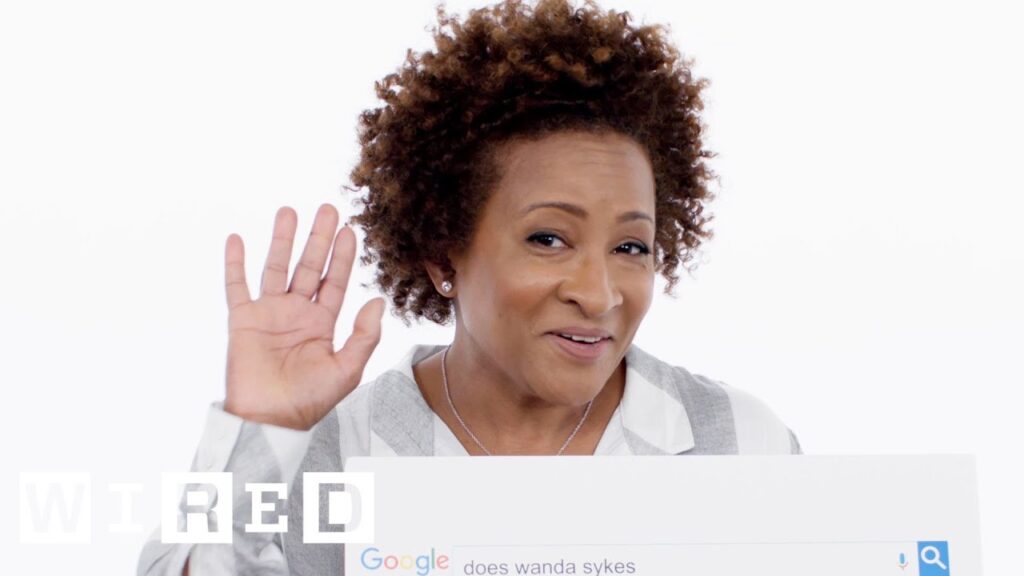Empathy and Understanding: The Key Elements of Effective Storytelling
Summary
In this article, we explore the importance of empathy and understanding in effective storytelling. We draw insights from professional writers who discuss various aspects of writing, including character development, story planning, and TV writing rooms. The speakers emphasize the importance of creating characters with intention and obstacles, avoiding stereotypes, and using empathy to relate to all characters.
Table of Contents
- The Importance of Story Planning and Second Drafts
- Creating Characters with Intention and Obstacles
- Writing Marginalized Characters with Empathy
- Avoiding Stereotypes and Understanding All Characters
- Writing About Any World and Admiring MAS
- The Process of TV Writing Rooms
- Conclusion
The Importance of Story Planning and Second Drafts
Kevin Powers seeks recommendations for a story planning app, and Aaron Sorkin suggests that second drafts are crucial to rewrite the script and sharpen the dialogues. As writers, we need to have a clear idea of the story we want to tell and the characters we want to create. Story planning apps can help us organize our thoughts and ideas, but ultimately, it is the second draft that allows us to refine our work and make it more compelling.
Creating Characters with Intention and Obstacles
Quentin emphasizes the importance of creating a character with intention and obstacles to create a compelling story. A character’s intention is what drives the story forward, and their obstacles are what creates conflict and tension. As writers, we need to understand our characters’ wants and desires, as well as the challenges they face in achieving them. This understanding allows us to create characters that readers can relate to and care about.
Writing Marginalized Characters with Empathy
Caitlin Greenridge wonders if it is possible to write a marginalized character whose identity is not shared by imagining their joy instead of their trauma. The writers agree that the crucial aspect of any story is the character’s intention and the obstacle that stands in their way. Empathy is essential to understanding and creating characters that readers can relate to, regardless of their background. As writers, we need to be mindful of our biases and stereotypes and use empathy to create authentic and nuanced characters.
Avoiding Stereotypes and Understanding All Characters
The speaker emphasizes the importance of understanding a character’s wants and obstacles in writing, regardless of their background. They caution against using stereotypes in writing and encourage empathy and understanding for all characters. As writers, we need to challenge our assumptions and biases and strive for diversity and inclusivity in our work. By understanding and empathizing with all characters, we can create stories that resonate with readers and make a positive impact.
Writing About Any World and Admiring MAS
The speaker also shares their preference for writing about any world they choose and their admiration for the TV show MAS. As writers, we have the freedom to explore and create any world we choose, and this allows us to push the boundaries of storytelling. The speaker also admires the TV show MAS for its complex characters and compelling storylines, which demonstrate the power of effective storytelling.
The Process of TV Writing Rooms
The speakers answer a question about TV writing rooms and explain the process of breaking down a season into episodes and assigning them to different writers. TV writing rooms are collaborative environments where writers work together to create compelling storylines and characters. The process involves breaking down a season into episodes and assigning them to different writers, who then work together to refine the scripts and dialogue.
Conclusion
In conclusion, empathy and understanding are the key elements of effective storytelling. By creating characters with intention and obstacles, avoiding stereotypes, and using empathy to relate to all characters, we can create stories that resonate with readers and make a positive impact. As writers, we have the power to explore and create any world we choose, and this allows us to push the boundaries of storytelling and make a difference in the world.







